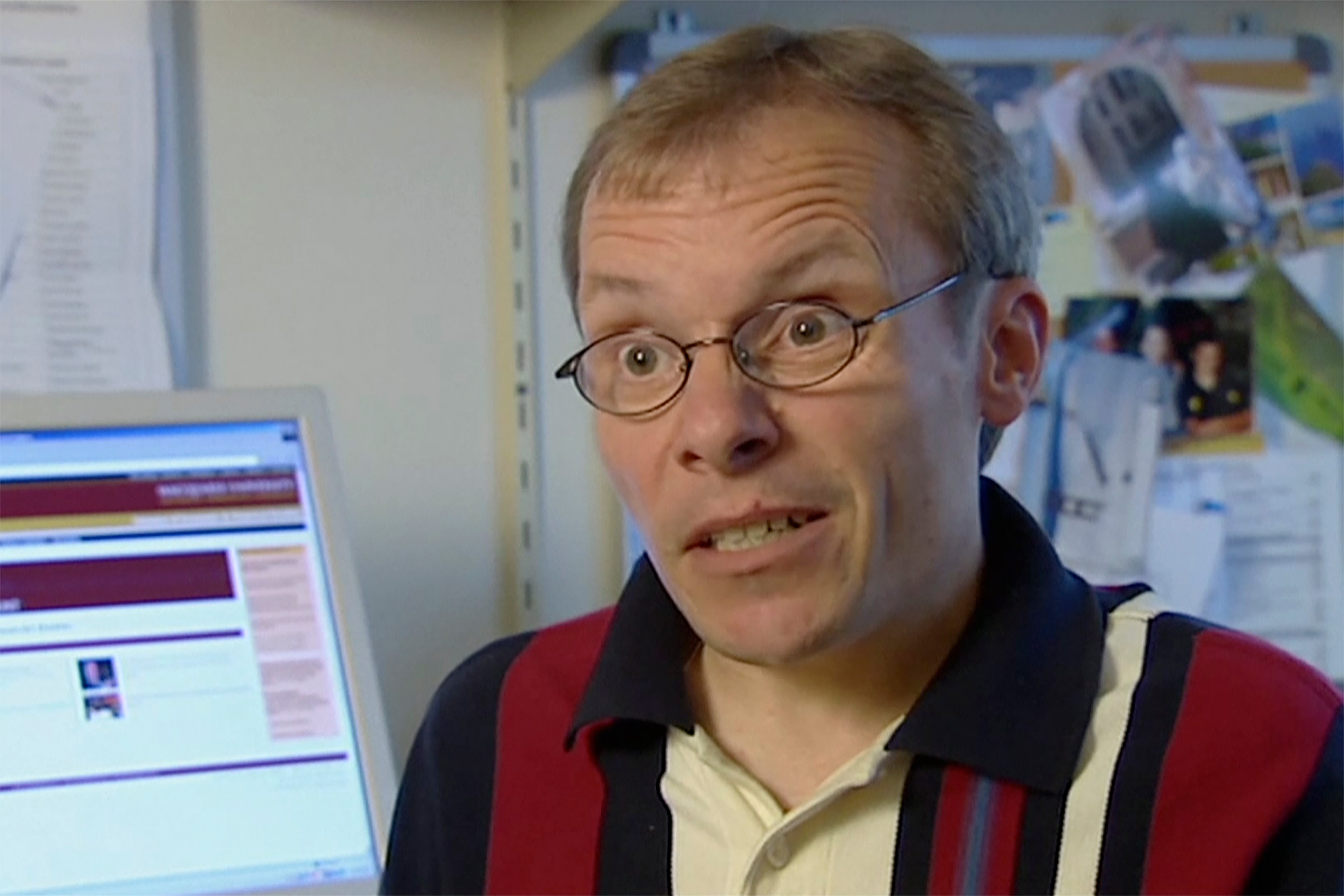Cambodian leader admits error over Myanmar prisoner release
Cambodian Prime Minister Hun Sen has acknowledged that he erred when he announced that Myanmar’s military government had released an Australian economist detained for the past year

Your support helps us to tell the story
From reproductive rights to climate change to Big Tech, The Independent is on the ground when the story is developing. Whether it's investigating the financials of Elon Musk's pro-Trump PAC or producing our latest documentary, 'The A Word', which shines a light on the American women fighting for reproductive rights, we know how important it is to parse out the facts from the messaging.
At such a critical moment in US history, we need reporters on the ground. Your donation allows us to keep sending journalists to speak to both sides of the story.
The Independent is trusted by Americans across the entire political spectrum. And unlike many other quality news outlets, we choose not to lock Americans out of our reporting and analysis with paywalls. We believe quality journalism should be available to everyone, paid for by those who can afford it.
Your support makes all the difference.Cambodian Prime Minister Hun Sen said Monday that Myanmar’s military government had released an Australian economist detained for the past year, but Myanmar authorities denied his claim. Hun Sen later acknowledged his error.
In a morning speech marking the inauguration of a road, Hun Sen said Sean Turnell was released from detention on Sunday in response to a request by the Cambodian prime minster to Myanmar’s leader, Senior Gen. Min Aung Hlaing. Cambodia is the current chair of the Association of Southeast Asian Nations and Hun Sen is leading the group’s efforts to ease Myanmar’s violent political crisis.
After a day of confusion, Hun Sen asked on his Facebook page to be forgiven for making a mistake, saying he had been given the wrong information.
Turnell, an associate professor in economics at Sydney’s Macquarie University, was arrested on Feb. 6 last year following the army’s ouster of the elected government of Aung San Suu Kyi whom he had been serving as adviser. He and Suu Kyi and three of her former Cabinet ministers are now on trial on charges of breaching the Official Secrets Acts, which is punishable by up to 14 years’ imprisonment.
Australia’s Department of Foreign Affairs and Trade said late Monday that Myanmar authorities had advised the agency that Turnell remains detained. Several news reports from Myanmar said Maj.-Gen. Zaw Min Tun, a spokesperson for the ruling military council, also denied that Turnell had been freed.
The statement issued in Canberra said “the Australian Government repeats its call for Professor Turnell’s immediate release, and for his rights and welfare to be upheld.”
“Professor Turnell’s detention is unjust, and we reject the allegations against him,” Australian Foreign Minister Marise Payne said in a statement Sunday marking the one-year anniversary of Turnell’s detention.
Hun Sen said he had asked Min Aung Hlaing on Saturday for Turnell’s release, and the Myanmar leader had replied that he “would consider it positively.”
A Cambodian Foreign Ministry statement confirmed that Hun Sen had erred, and said that he had raised Turnell's case with the Myanmar leader “and received from the Senior General the assurance that the latter would reconsider the case once the court process is over.”
In another case involving a detained foreigner, U.S. journalist Danny Fenster was allowed to leave Myanmar last year after nearly six months in prison, just days after being sentenced to 11 years of hard labor on a political charge. Former U.S. diplomat Bill Richardson helped negotiate his release after direct talks with Min Aung Hlaing.
According to Myanmar’s independent Assistance Association for Political Prisoners, there are more than 9,000 political detainees in Myanmar.
The most prominent, ousted leader Suu Kyi, is bring tried on multiple charges and has already been sentenced to six years’ imprisonment. The cases against her are widely seen as an effort to prevent her from returning to political life.
___
Associate Press writer Rod McGuirk in Canberra, Australia, contributed to this report.